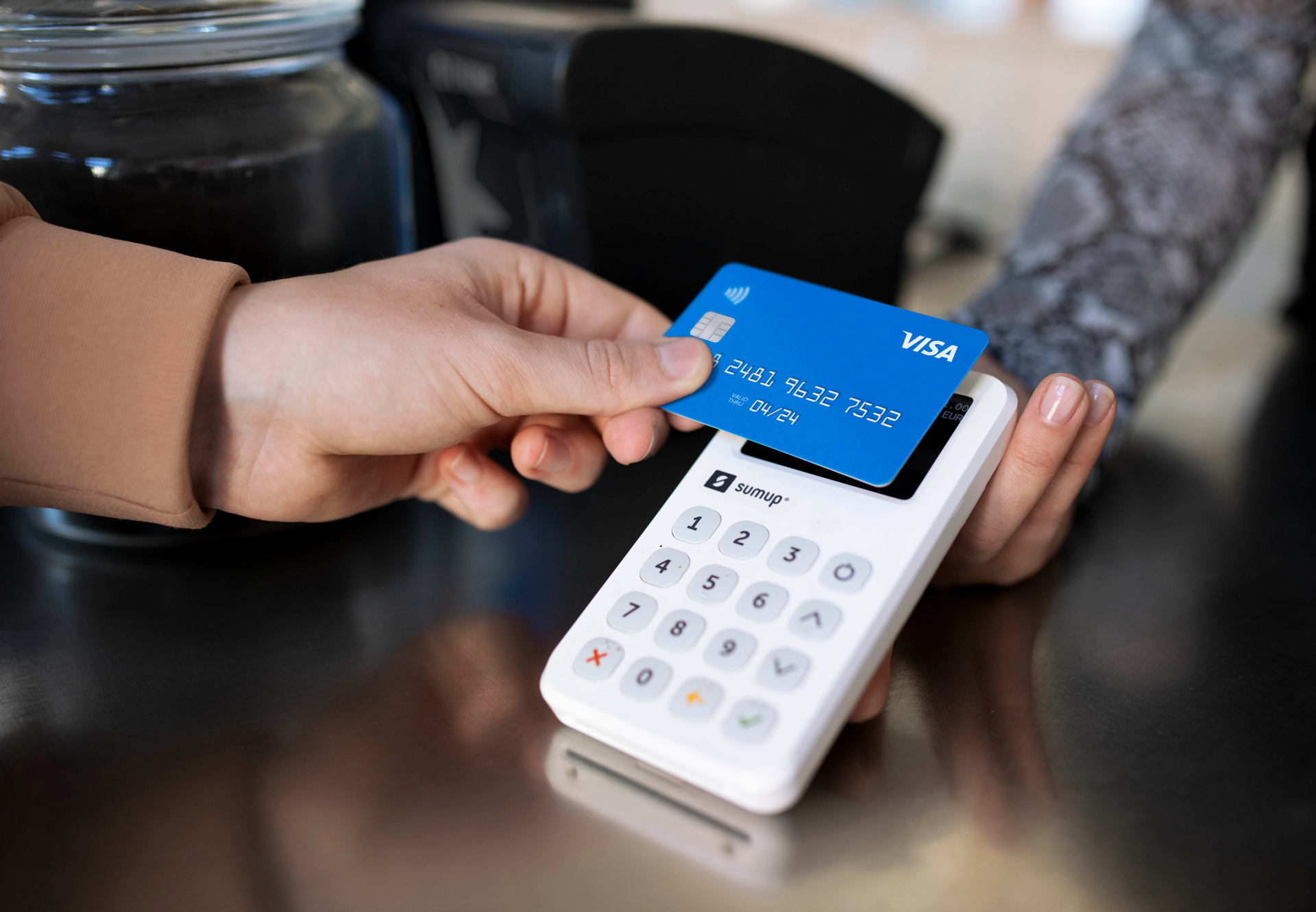
Card payments startup SumUp is cashing in on investors’ trust with €750m in new funding. However, if you’re thinking that the cash injection means the startup has a new sky-high valuation to reveal, think again.
This is nothing new. The company has historically been tight-lipped about how much it’s worth. It only confirmed rumours that it had passed the $1bn valuation milestone that put it into the unicorn club in 2019, seven years after it was launched in 2012.
The new deal won’t change that. The reason for this is because the new funding comes in the form of debt, rather than equity, which means that there is no new valuation to disclose. At least not officially.
The advantage of this sort of deal is that there is no need for dilution, meaning the cost of capital is lower. Still, it is usually something only enjoyed by bigger scaleups generating plenty of cash, potentially hinting at the overall state of SumUp’s financials, which the company is also keeping mum about.
When asked why SumUp elected to go with more debt rather than an equity round, co-founder Marc-Alexander Christ told TechCrunch that it was simply because the startup could. “We have very stable cash flow, which allows us to [take] on debt,” he said.
While the lack of a new valuation may disappoint some, the eye-watering size of the deal is still something to behold. It is still one of the biggest rounds raised by a private European tech company to date. Although, it should be mentioned that the debt facility is dwarfed by Klarna’s $1bn mega-raise from the beginning of March. That cash boost placed the Swedish fintech firmly in the tridecacorn club with a $31bn valuation.

US Tariffs are shifting - will you react or anticipate?
Don’t let policy changes catch you off guard. Stay proactive with real-time data and expert analysis.
By GlobalDataSumUp’s new debt facility enjoyed participation from Goldman Sachs, Temasek, Bain Capital Credit, Crestline and funds managed by Oaktree Capital Management. Bain Capital Credit and Goldman Sachs have previously backed SumUp’s €330m round from 2019.
Other previous investors include Groupon, American Express Ventures, HPS Investment Partners and TPG Sixth Street Partners.
The new money is seemingly burning a hole in SumUp’s pockets and the London-based fintech has hinted that it may go on a slight spending spree in the not too distant future.
It said it will use the money to close more mergers and acquisition deals. SumUp has previously bought businesses such as Danish invoicing platform Debitoor, ecommerce platform Shoplo, point-of-sale software provider Goodtill and Lithuanian mobile banking platform Paysolut.
The round will also be used to keep expanding SumUp’s product suite for clients in the 33 different markets it is available in, strengthening its position against rival platforms like Square and PayPal, which acquired iZettle, now Zettle, for $2.2bn in 2018.
As part of its expansion push, SumUp is looking to add more employees to its team of some 2,000 workers, which are scattered across 19 international offices on three continents. Having already expanded to Europe, the US and Latin America, SumUp is also eyeing expansions into Asia.
“Each day I continue to be impressed by how the SumUp team has faced down the challenges of the past year and continued to deliver the vital, payments technology that empowers small businesses all over the world; helping them to continue to be successful doing what they love best,” said Christ. “As one of the fastest-growing technology companies in the world, this cash injection – in addition to having the built-in option to expand the financing – will significantly accelerate the growth of our customer base, enhance SumUp’s technology leadership position, and drive the development of new services to support our merchants globally.”
Read more: Why is Square really buying Tidal and what does it have to do with crypto?







